
Grades:
6th Grade, 7th Grade, 8th Grade, 9th Grade, 10th Grade, 11th Grade, 12th Grade
This lesson is intended to be an introduction to teach students how to use the PocketLab Voyager. It covers how to connect the Voyager to your device, using Pocklab Notebook, collecting and analysing
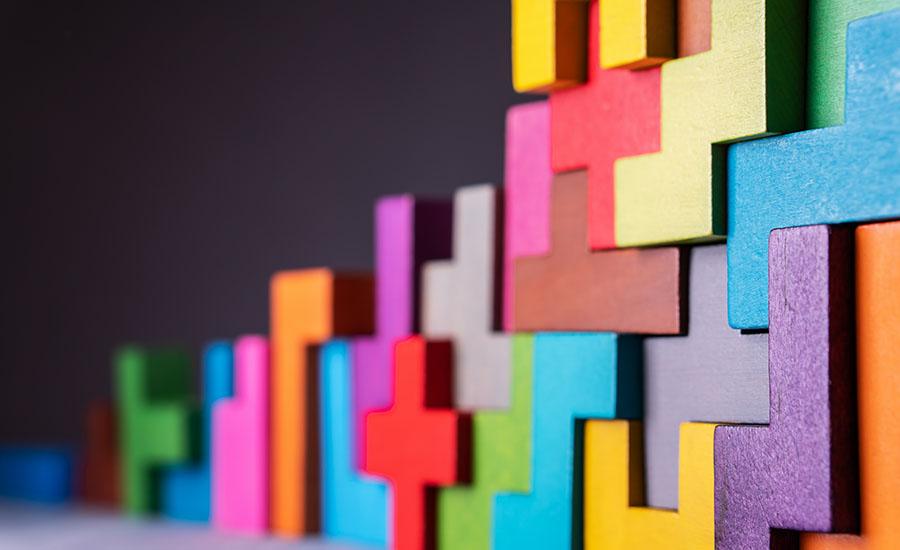
Grades:
11th Grade, 12th Grade
Students will design and build eco-friendly Art Deco-inspired miniatures of party venues from "The Great Gatsby" by learning principles of geometry, engineering, and sustainability, and culminating in

Grades:
11th Grade
Students will identify and address problems from "Animal Farm" through STEM projects by collaborating in small groups to research, develop proposals, and present solutions, with tailored support and
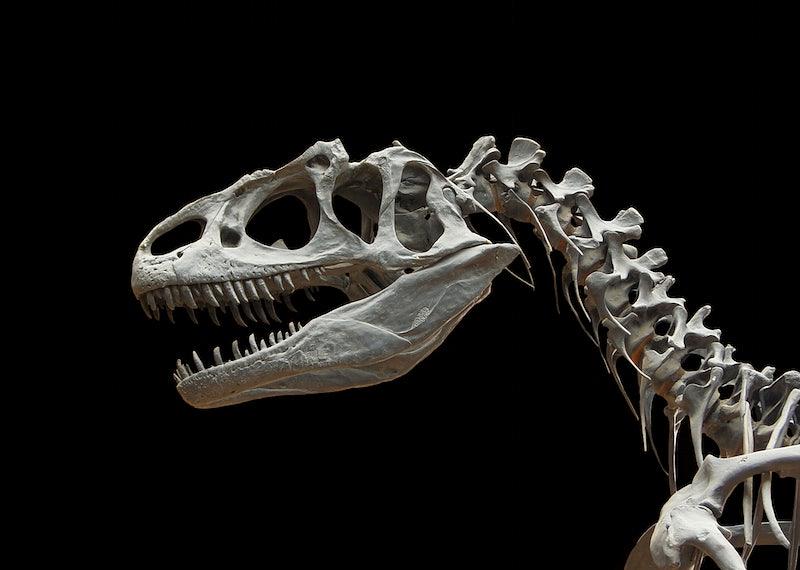
Grades:
6th Grade, 7th Grade, 8th Grade, 9th Grade, 10th Grade, 11th Grade, 12th Grade
Students put together fossil bone cut outs to determine a prehistoric species before learning about the different ways scientists determine the physical characteristics of extinct organisms.

Grades:
9th Grade, 10th Grade, 11th Grade
A common challenge in Thermodynamic Chemistry is how do endo vs. exothermic reactions FEEL. Students will conduct three different chemical reactions to collect data and observations about the

Grades:
9th Grade
For hundreds of years, people have harnessed moving air (wind) to do work. The earliest forms of wind-powered machines were sailboats. Wind pushing against the sails of a boat provided the energy to
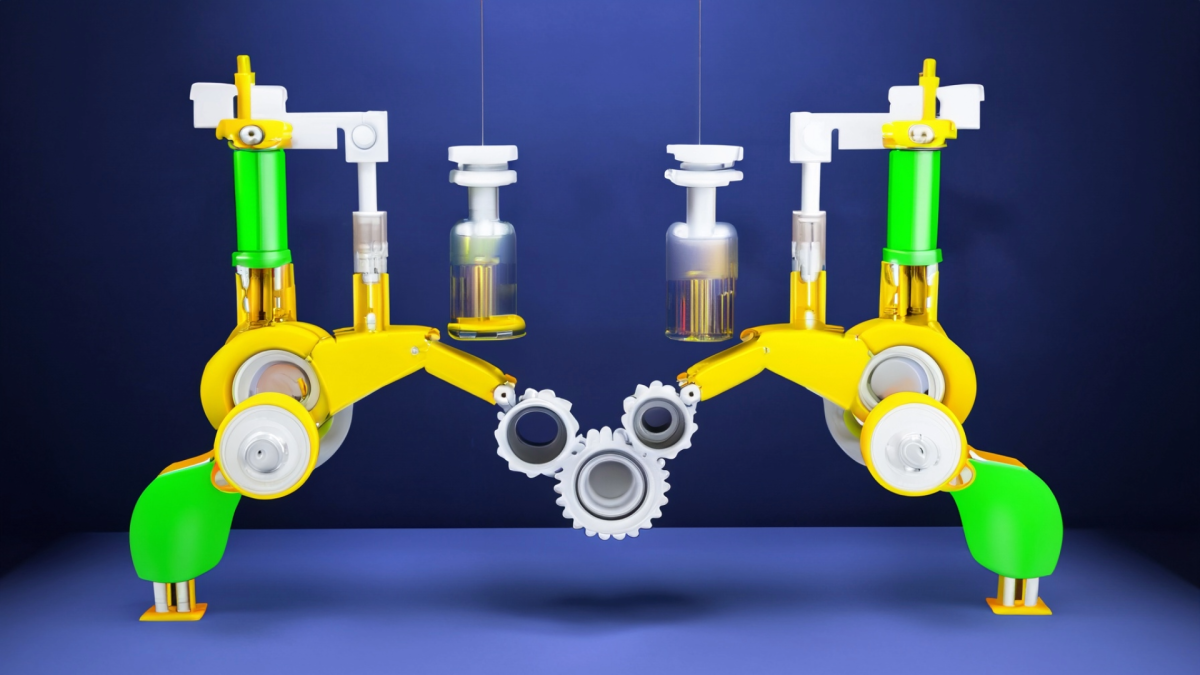
Grades:
8th Grade
Students will construct an explanation of how energy can be transferred from one energy store to another, integrating STEM principles through hands-on activities and real-world applications.

Grades:
6th Grade, 7th Grade, 8th Grade
This is a lesson designed for Edison Robots. Students will use the EdCreate kit to engineer the robot into an EdTank cotton ball launcher which represents a robot that assists in firefighting

Grades:
6th Grade, 7th Grade, 8th Grade
This is a lesson designed for Edison Robots. Students will collaborate in small groups to complete the challenge of coding the robot to represent a train with automatic headlights. A successfully

Grades:
8th Grade
Students will understand the relationship between physical movement and energy production, and apply this knowledge to determine how much physical activity is required to power various household items
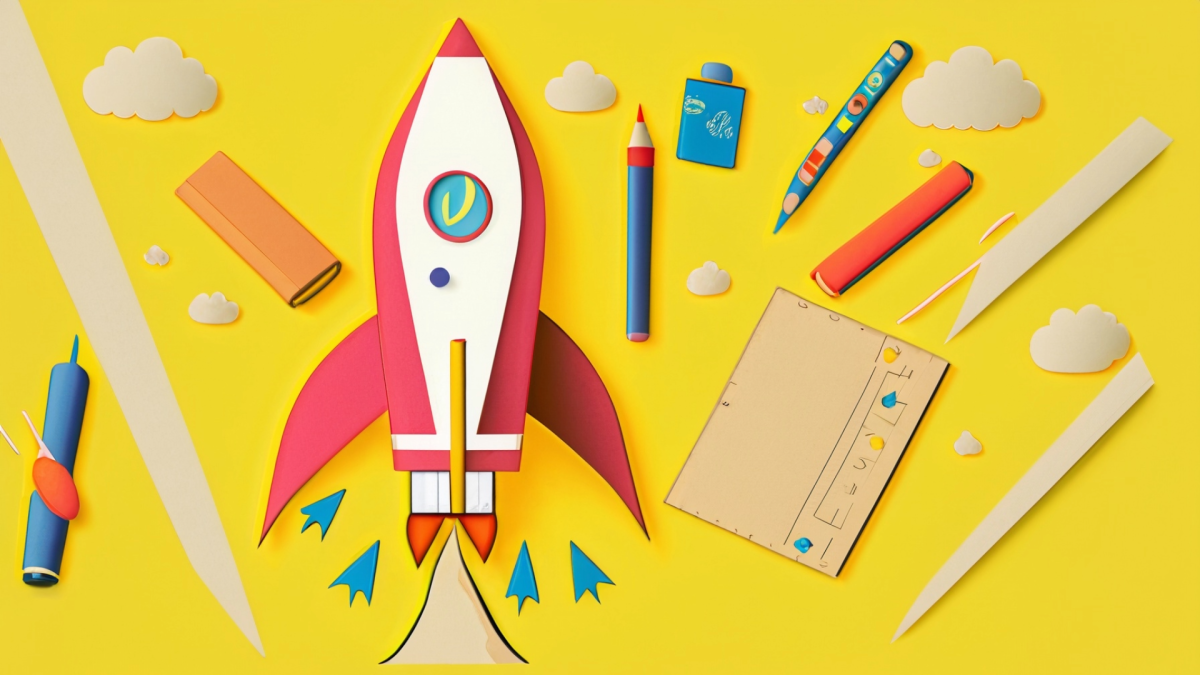
Grades:
6th Grade
During this activity students will build a payload rocket from pieces. After building the rocket, students will use the EDP to create a cargo carrier that holds an egg. This is placed in the rocket

Grades:
9th Grade, 10th Grade, 11th Grade, 12th Grade
This STEM Argumentative Research Project engages students in exploring the scientific, ethical, and societal implications of themes in Mary Shelley's "Frankenstein." Students will work in groups to
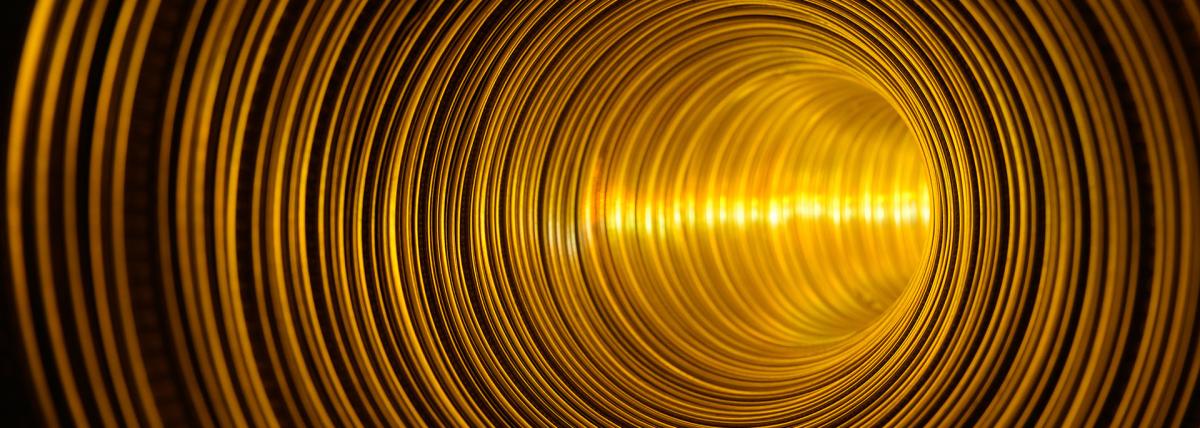
Grades:
4th Grade
This is a lesson that allows students to investigate sound waves moving from one place to another. By using simple materials, students can have significant influence on large-scale variables of

Grades:
7th Grade, 8th Grade, 9th Grade, 10th Grade, 11th Grade, 12th Grade
This is an overview of Electronic Circuits, using TinkerCad to learn how to change components, add wires and connect a circuit. Three online simulation lessons are provided with the option to continue

Grades:
3rd Grade
In this 45-minute lesson, 3rd graders will design and build LEGO marble mazes, learning engineering and math concepts. They experiment, design, test, and present their mazes, fostering creativity

Featured
Design a Course with Friction
Grades:
6th Grade, 7th Grade
In the second part of this lesson, students will now test how friction can change the speed of a RC car. Students will first test the RC car on three different surfaces of their choice and time them

Grades:
6th Grade, 7th Grade
In this part one of two lessons, students will test the pull force of a RC car on three different surfaces. Students will learn about friction in a hands-on activity and practice calculating the mean

Grades:
6th Grade
Students learn what an urban heat island is and why it is a problem, specifically for Phoenix, and the effect people have had on the environment that caused this problem. Students will design a

Grades:
4th Grade, 5th Grade, 6th Grade
In this hands-on STEM lesson, students will learn about basic electrical circuits by designing and building their own light-up wands. Using craft sticks, copper tape, an LED light bulb, a CR2032

Grades:
4th Grade, 5th Grade
In this engaging lesson, students will explore the fascinating world of magnetism. Students will learn about different types of magnets and how they work. Additionally, we will delve into the concept

Featured
Rocket Science
Grades:
3rd Grade, 4th Grade, 5th Grade
This engaging lesson is a great introduction for space exploration units. This plan goes over the history of rockets, how they work, and how modern rockets help us explore the solar system. There are

Grades:
4th Grade
This lesson focuses on teaching 4th-grade students the fundamental concepts of force and motion through the hands-on activity of designing, constructing, and launching paper rockets. The lesson

Grades:
4th Grade, 5th Grade, 6th Grade
In this lesson, students will explore the forces of flight in rockets. They will construct a rocket using straws, clay, and index cards. Students will then use a launcher to launch their rockets and

Grades:
7th Grade, 8th Grade, 9th Grade, 10th Grade, 11th Grade, 12th Grade
Want to incorporate the Arts into your 7-12 STEM classroom? The Global Science Opera provides a way to do just that! Learn how to facilitate a STEAM collaboration with arts teachers to make it happen.


